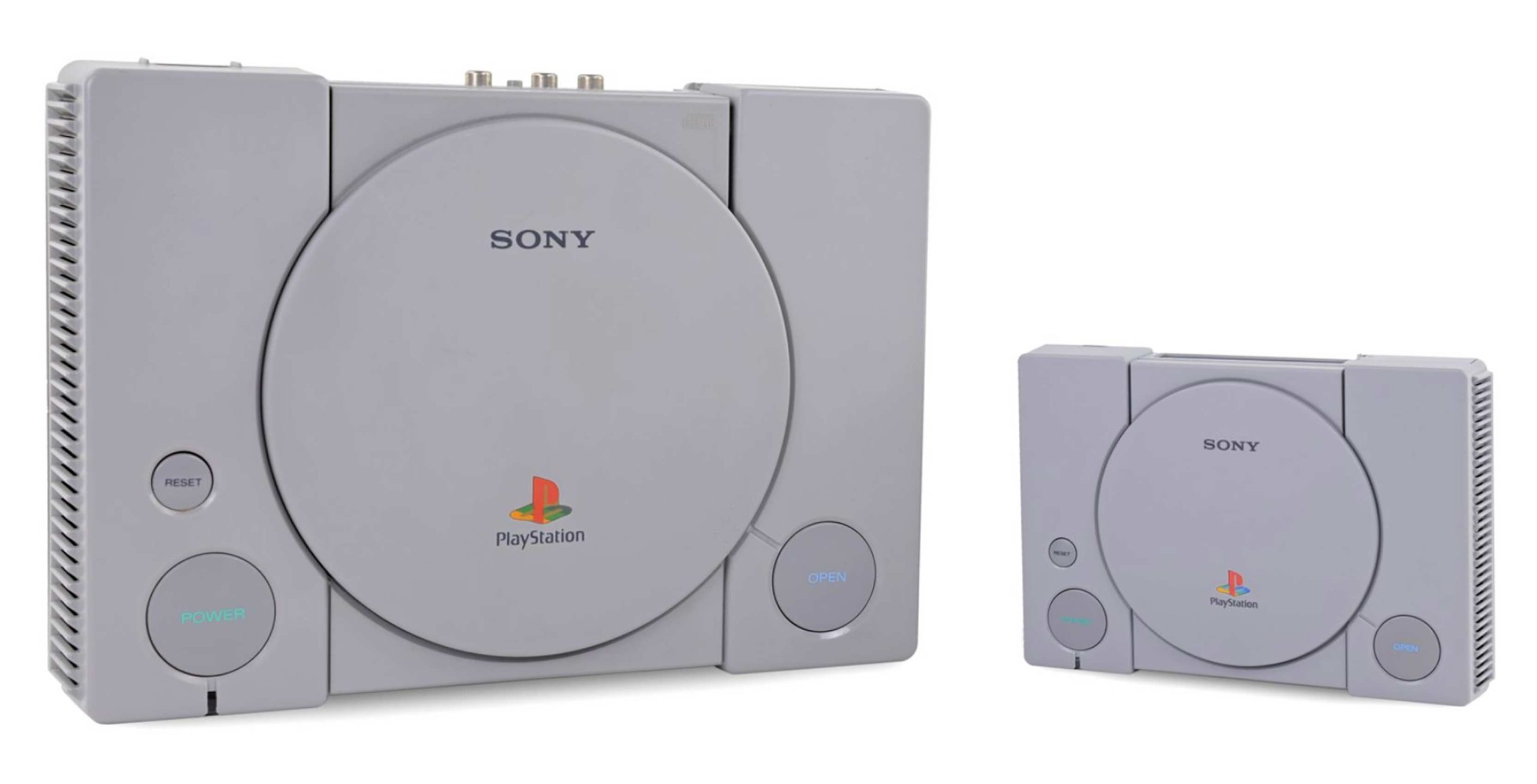
Canadian inmates are not allowed to use any technology that could allow them to communicate with people outside the prison, according to Correctional Service Canada’s policies. As a result, modern gaming consoles are off the table, but older devices like the original PlayStation, the Game Boy, and the Nintendo 64 are thriving.
In January 2022, CSC made Amazon its e-commerce supplier. Inmates have been able to make purchases through the service, which is what allows them to get their hands on old gaming consoles.
The CBC found that, since January 2022, they have collectively purchased $130,000 worth of vintage gaming tech. The PlayStation 1 is the most popular console. Ghislain Sauvé, CSC director general of technical services and facilities, stressed to the CBC that inmates purchase these devices with their own funds, not taxpayer dollars.
This is all a result of the CSC’s policies about what kind of technology inmates can and cannot access.
“Some of the more modern consoles can access the internet,” Sauvé told the CBC. “And this is something that potentially is a risk.”
The CSC’s policies also forbid anything that can read an MP3, any “video-reading devices,” and any computer operating system newer than Windows 98. Even consoles we might consider outdated, like the GameCube, are not permitted.
Justin Ling wrote for Macleans about how far behind the times Canadian prisons have fallen. He noted that the CSC’s policies still referred to “floppy diskettes” in 2020.
Though it affects what keeps inmates entertained while they are in prison, the lack of modern technology could also have a severe impact on their lives afterwards.
“Canada is far, far behind other jurisdictions in terms of access to education and post-secondary education needs in prisons,” said Sam Bondoux, a law student at Queen’s, in 2020. “Even the US prisons have limited access to the internet for their inmates for post-secondary education but also for other things like communicating with their families. And Europe is far far ahead of Canada, so they have many different programs … and what these programs look like are essentially an internet network specifically for the prison system where they can manage security risks.”
… And this becomes really, really important at release because in Canada, when inmates have a statutory release date coming up or a parole hearing, one of the things, specifically at parole hearings, that the Parole Board of Canada will be looking at is their release plan. They do not have access to the Internet to make themselves this release plan and so when they get out, they have to do all that stuff. Finding a job is the big one, which is clearly linked to recidivism, and sort of returning back to that criminalized life.”
Source: CBC
MobileSyrup may earn a commission from purchases made via our links, which helps fund the journalism we provide free on our website. These links do not influence our editorial content. Support us here.


